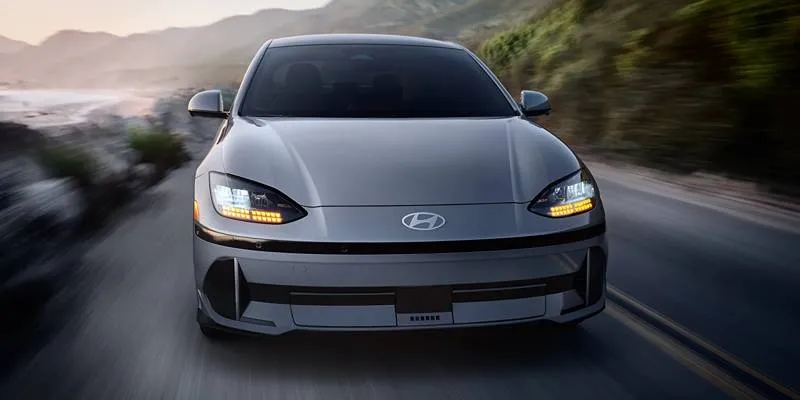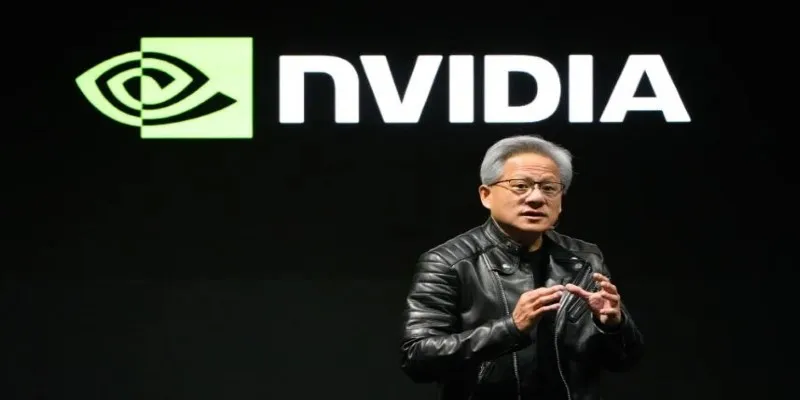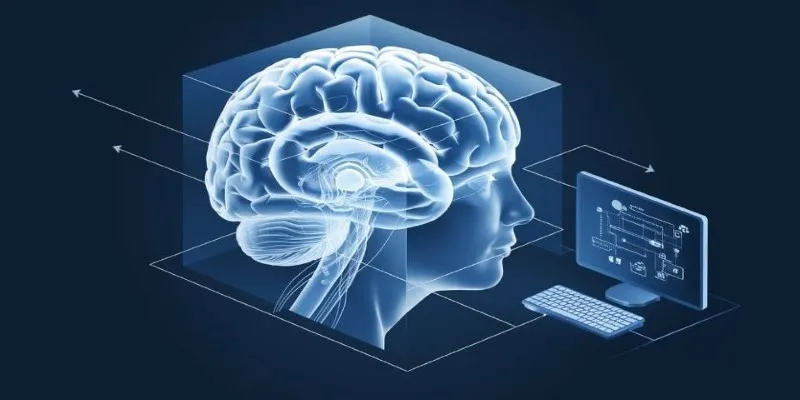Artificial Intelligence (AI) is revolutionizing the automotive industry, transforming how we drive. From assisting with parking to autonomous driving, AI is now an integral part of modern vehicles. By 2025, many leading car manufacturers are integrating smart features to enhance driving experiences, offering increased safety, convenience, and enjoyment. In this article, we explore the top 5 AI-powered cars that are setting new standards in the automotive world. Whether you’re a technology enthusiast or seeking a safer driving option, these vehicles are worth your attention.
1. Tesla Model S Plaid
Tesla is renowned for its pioneering technology, and the Model S Plaid elevates this reputation. Equipped with Tesla’s latest Full Self-Driving (FSD) system, this AI-driven technology enables autonomous driving in various conditions, such as city streets and highways.
Key AI Features:
- Autopilot with Navigate on Autopilot : Assists with lane changes, highway exits, and navigation.
- Smart Summon : Allows the car to drive itself to your location in a parking lot.
- AI Voice Assistant : Offers control over features like climate and music via simple voice commands.
- Real-time Object Detection : AI cameras quickly identify traffic cones, signs, and pedestrians.
Additionally, Tesla offers over-the-air updates, continuously enhancing the vehicle’s intelligence over time.
2. BMW i7

BMW’s i7 electric sedan exemplifies the brand’s innovative approach, merging luxury with advanced AI. As part of BMW’s flagship 7 Series, the i7 features intelligent systems that enhance both driver convenience and safety.
The BMW Intelligent Personal Assistant is the centerpiece of the i7’s AI system, designed for natural interaction with the driver. This AI assistant comprehends casual language, simplifying command issuance and question asking without needing specific phrases.
Key AI Features:
- Natural Voice Control : Responds to phrases like “I’m cold” or “Take me home.”
- Driver Monitoring System : Utilizes AI to detect fatigue or distractions through eye and head movements.
- Predictive Navigation : Learns driver routines, suggesting destinations or routes based on behavior.
- Gesture Control : Enables task performance, such as volume adjustment or call rejection, through simple hand gestures.
The BMW i7 seamlessly integrates AI into a premium driving experience, combining futuristic technology with everyday practicality.
3. Mercedes-Benz EQS
The Mercedes-Benz EQS is the brand’s flagship electric vehicle, arguably the most advanced car Mercedes has ever developed. Featuring the revolutionary MBUX Hyperscreen, the EQS delivers an interactive experience where AI is central to every function. The MBUX system spans nearly the entire dashboard width and uses AI to personalize driving experiences over time.
Key AI Features:
- Learning AI System : Recognizes user patterns, such as preferred routes or comfort settings, and automates them.
- “Hey Mercedes” Voice Control : A natural language interface that handles commands related to navigation, entertainment, or climate control.
- Level 2 Driving Autonomy : Provides support with adaptive cruise control, automatic braking, and lane centering.
- Interior Sensor Network : Adjusts lighting and air conditioning based on passenger posture and outside conditions.
Mercedes-Benz emphasizes creating a calming, intelligent environment that responds to drivers and passengers, setting a benchmark for AI integration in luxury electric vehicles.
4. Audi A8 (2025 Model)
Audi is synonymous with precision engineering and understated elegance. With the 2025 Audi A8, the German automaker introduces a range of AI systems designed to enhance both driving and passenger comfort.
The standout AI feature is the Audi AI Traffic Jam Pilot, offering partial automation in low-speed conditions. It utilizes a combination of cameras, LiDAR, and radar to understand surroundings, facilitating navigation through traffic with minimal human input.
Key AI Features:
- Traffic Jam Pilot : Enables hands-free driving in heavy traffic under 37 mph on select roads.
- Predictive Active Suspension : Employs AI and sensors to adjust suspension based on road conditions.
- 360° Sensor Fusion System : Combines camera, radar, and ultrasound data for improved parking and collision detection.
- AI-Based Cabin Comfort : Automatically adjusts temperature and lighting based on passenger mood and preference.
Audi demonstrates that traditional sedans can evolve, merging AI innovation with classic design in a refined package.
5. Hyundai IONIQ 6

AI-powered cars aren’t exclusive to luxury brands. The Hyundai IONIQ 6 shows that smart features can be accessible in more budget-friendly electric cars. This sleek, aerodynamic EV is designed for mass-market adoption, incorporating a comprehensive suite of Hyundai SmartSense AI features.
SmartSense is Hyundai’s advanced driver assistance system (ADAS), relying on AI for real-time feedback and control. Although the IONIQ 6 doesn’t offer full autonomy, it provides excellent support for the everyday driver.
Key AI Features:
- Lane Following Assist : Keeps the vehicle centered, even on curving roads.
- AI-Powered Collision Avoidance : Detects pedestrians, cyclists, or other vehicles and applies brakes automatically.
- Driver Attention Monitor : Alerts the driver to take a break when signs of fatigue are detected.
- Voice Recognition System : Allows hands-free control of navigation, calls, and media.
The Hyundai IONIQ 6 proves AI isn’t limited to luxury brands, bringing safety and intelligence to a broader audience and promoting smarter mobility for all.
Conclusion
In conclusion, AI’s rise in the automotive industry is transforming driving, commuting, and vehicle interaction. The top five cars highlighted—Tesla Model S Plaid, BMW i7, Mercedes-Benz EQS, Audi A8, and Hyundai IONIQ 6—each demonstrate unique applications of artificial intelligence tailored to diverse needs and budgets. These vehicles prove that AI is no longer a luxury add-on but a core feature driving innovation and safety. From self-driving capabilities to intelligent voice control, the future of smart driving is already here. As AI continues to evolve, cars will become more intuitive, responsive, and personalized than ever before. Choosing an AI-powered car in 2025 means opting for a smarter, safer way to move forward.
 zfn9
zfn9























